France 2 – 0 Poland
Sets: 3-1, 2½-1½
France was one of the first teams to secure their qualification for the semifinals of the FIDE World Women’s Team Championship, as they beat Poland in two sets. The first match was one-way traffic: Klaudia Kulon won again on the fourth board, extending her successful run to a remarkable 4½/5, but all her teammates succumbed against Les Bleus, setting the score of the first clash at 3-1.
Despite being forced to win, the Polish squad played better in the second round, which was much closer, but France always had the match under control.
 Let us learn together how to find the best spot for the queen in the early middle�game, how to navigate this piece around the board, how to time the queen attack, how to decide whether to exchange it or not, and much more!
Let us learn together how to find the best spot for the queen in the early middle�game, how to navigate this piece around the board, how to time the queen attack, how to decide whether to exchange it or not, and much more!This time, it was Kulon who took even more risks than usual and lost her game and, with it, the match (2½-1½). Significantly reinforced with the incorporation of Mitra Hejazipour on the third/fourth board, France proved once again to be a very competitive squad, on par with the big guns, despite the poor form of Natacha Benmesbah (1/4).
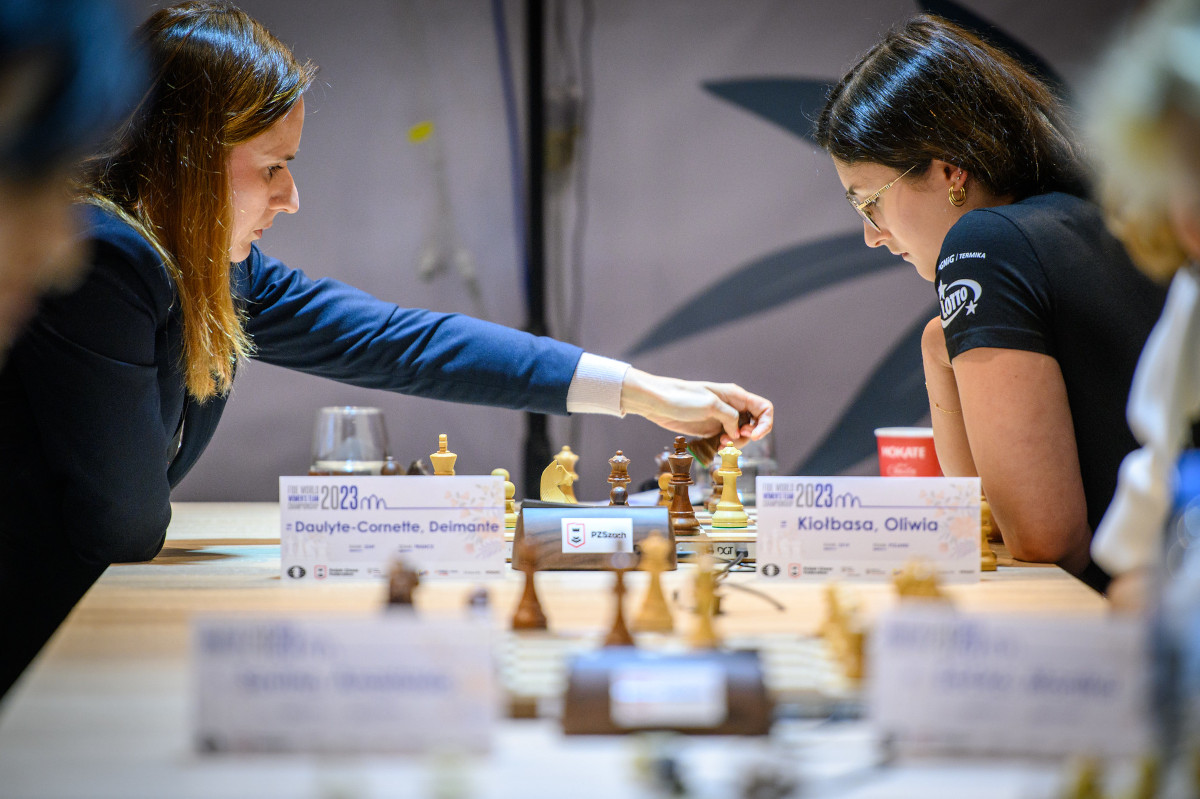
Deimante Daulyte-Cornette (France) facing Oliwia Kiolbasa (Poland) | Photo: Michal Walusza
Georgia 2½ – 1½ China
Sets: 2½-1½, 2-2
Georgia-China was probably the closest match of the quarterfinals. In the first set, Meri Arabidze ground her way to a fine win with the black pieces over Kaiyu Ning, which was enough to achieve team victory (2½-1½), as the remaining three games ended in a draw.
In the second clash, China had excellent chances to hit back. While the games on the three lower boards seemed pretty equal, Yuxin Song managed to build an advantage with White against Bella Khotenashvili, and she was, in fact, very close to winning. However, Song let her advantage slip, and in the end, she could have even lost. The relief on the faces of the Georgians was blatantly obvious when Khotenashvilli and Song shook hands and signed the draw, promoting Georgia to the semifinals.
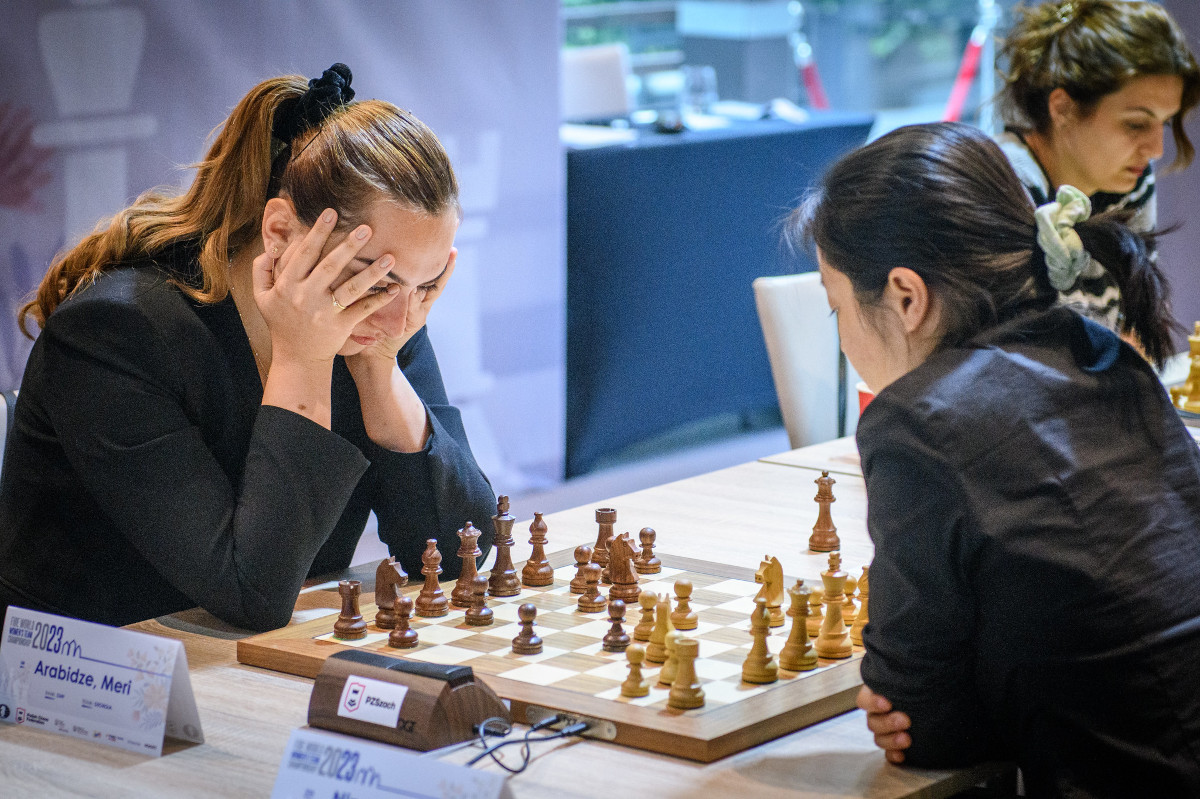
Meri Arabidze (Georgia) | Photo: Michal Walusza
United States 2 – 0 Ukraine
Sets: 2½-1½, 2½-1½
The United States won both sets against Ukraine by the minimum margin. The Ukrainians demonstrated their resilience and gave the Americans a run for their money, but the USA was the better team, and their victory was a fair result. Young prodigy Alice Lee drew both her games against Anna Ushenina on the first board, as the Americans’ victory was cemented on the lower boards, where Tatev Abrahamyan and Atousa Pourkashiyan won both their games.
 In this Videocourse we deal with different aspects of the middlegame which are important to study and improve your general understanding of chess structures.
In this Videocourse we deal with different aspects of the middlegame which are important to study and improve your general understanding of chess structures.In the second clash, Anna Zatonskih blundered in the opening (23…dxc4?) and lost on the spot against Nataliya Buksa, but this lone win for the Ukrainians was not enough to change the fate of the match.
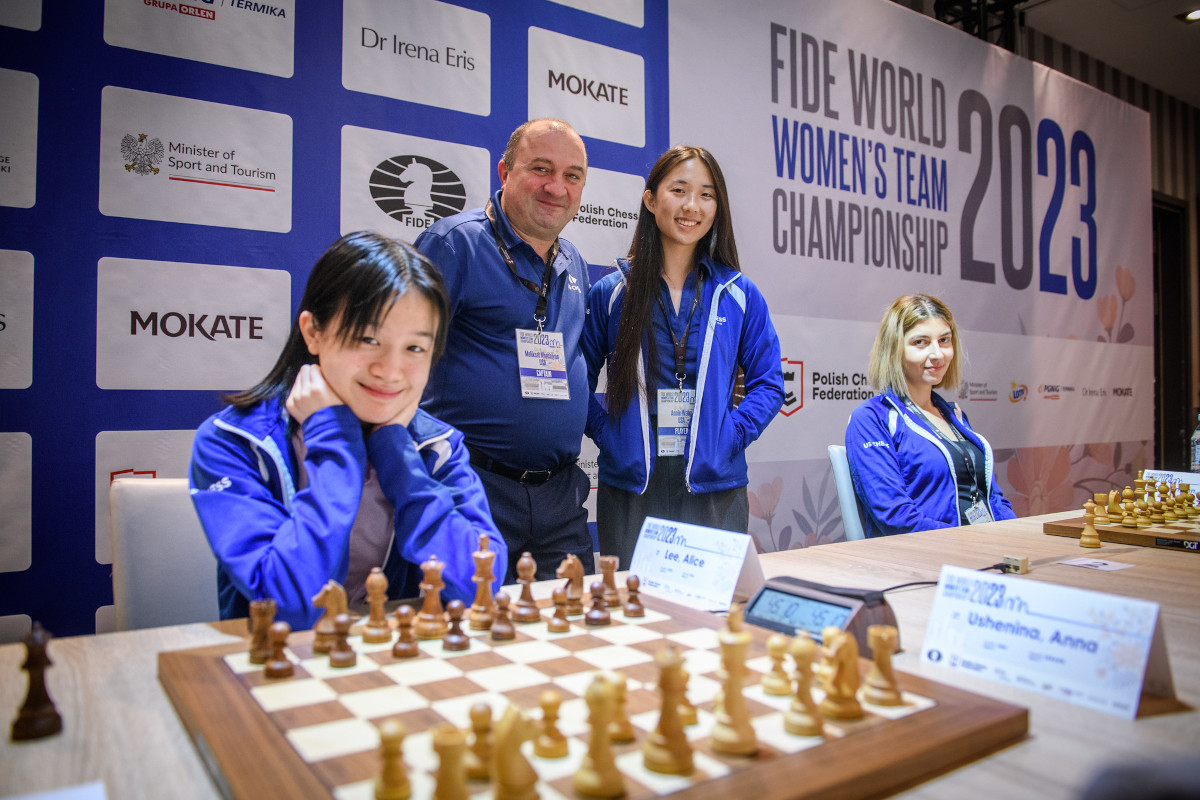
Team USA | Photo: Michal Walusza
Kazakhstan 2½ – 1½ Germany
Sets: 2-2, 3-1
The clash between Kazakhstan and Germany was probably the most exciting of the day. The first game between Elisabeth Paehtz and Bibisara Assaubayeva was a relatively quiet draw in 25 moves. The exchange of blows happened on boards two and three, where Alua Nurmanova gave no chance to Josefine Heinemann, while Meruert Kamalidenova made a dubious pawn sacrifice that Dinara Wagner punished ruthlessly.
With a draw on the scoreboard, everything was at stake in the second match, where all four games reached a decisive outcome. Nurmanova won again against Heinemann, and so did Amina Kairbekova on the fourth board. However, the lucky Germans still hoped for one more miracle, as Paehtz got a clear advantage out of the opening against Assaubayeva while Wagner was building an attack in her game.
However, the blunders caused by the time trouble struck again in the game between Paehtz and Assaubayeva, with the advantage changing sides on almost every move in the final stage of the game.
In the end, it was the Kazakhstani who made the second-to-last mistake, inflicting a painful defeat on Paehtz. Wagner won her game, but to no avail.
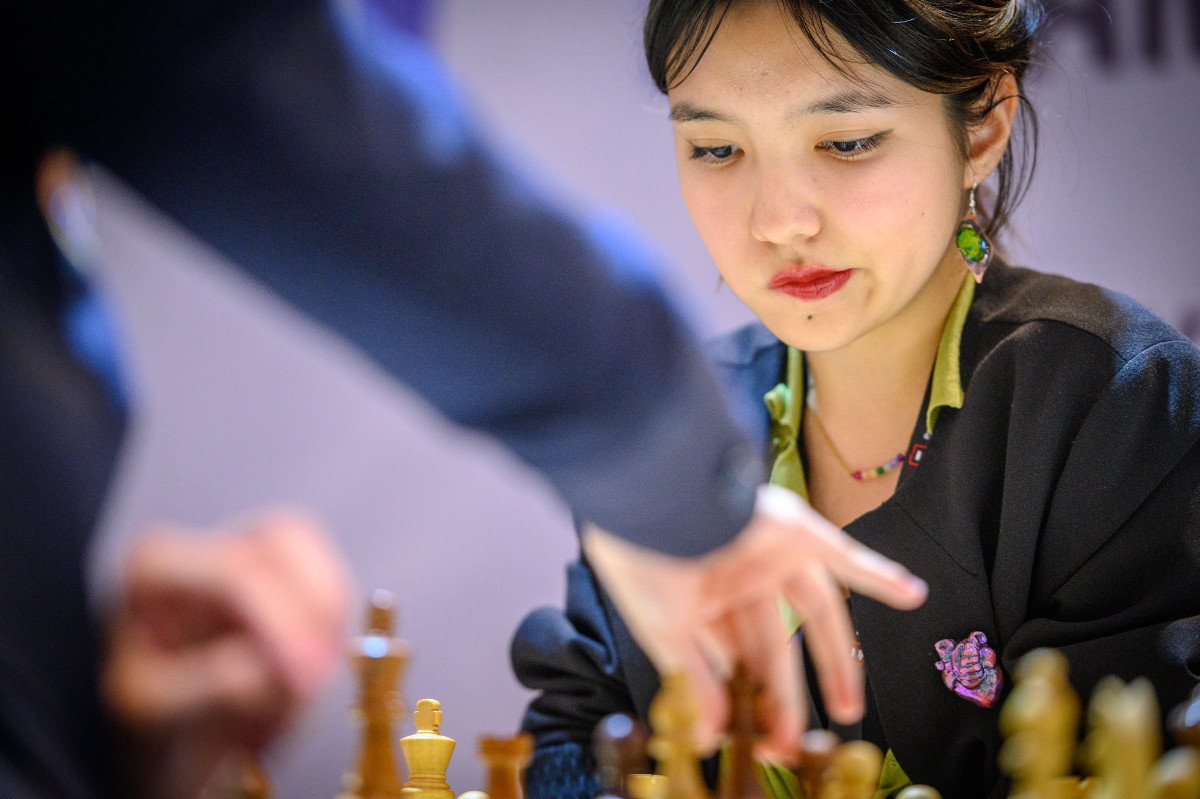
Alua Nurmanova (Kazakhstan) | Photo: Michal Walusza
Knockout bracket
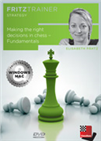 In a total of 6 chapters, we look at the following aspects: the right decision based on tactical factors, decisions in exchanges and moves, complex and psychological decisions in longer games and in defence.
In a total of 6 chapters, we look at the following aspects: the right decision based on tactical factors, decisions in exchanges and moves, complex and psychological decisions in longer games and in defence.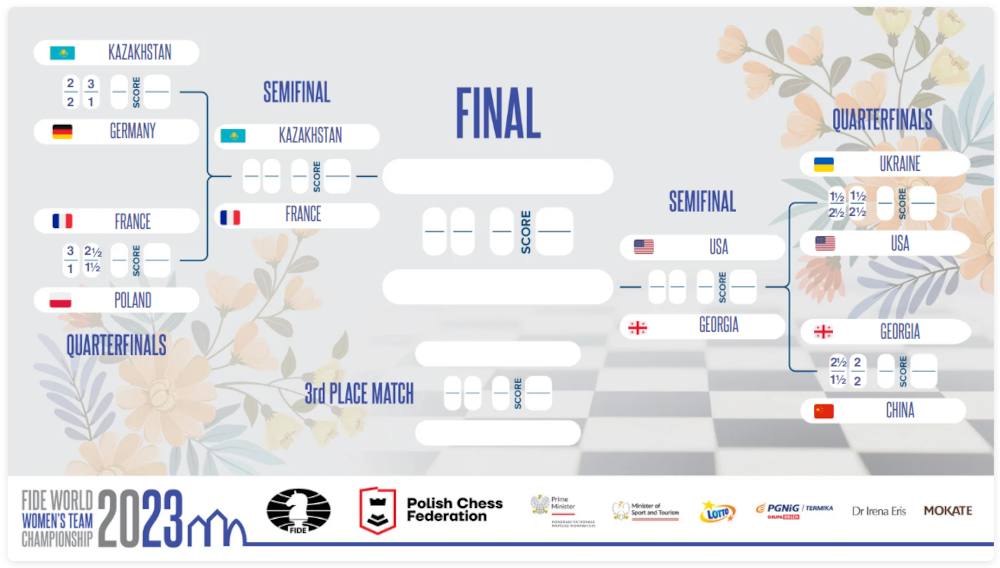
Links
.jpeg)



























